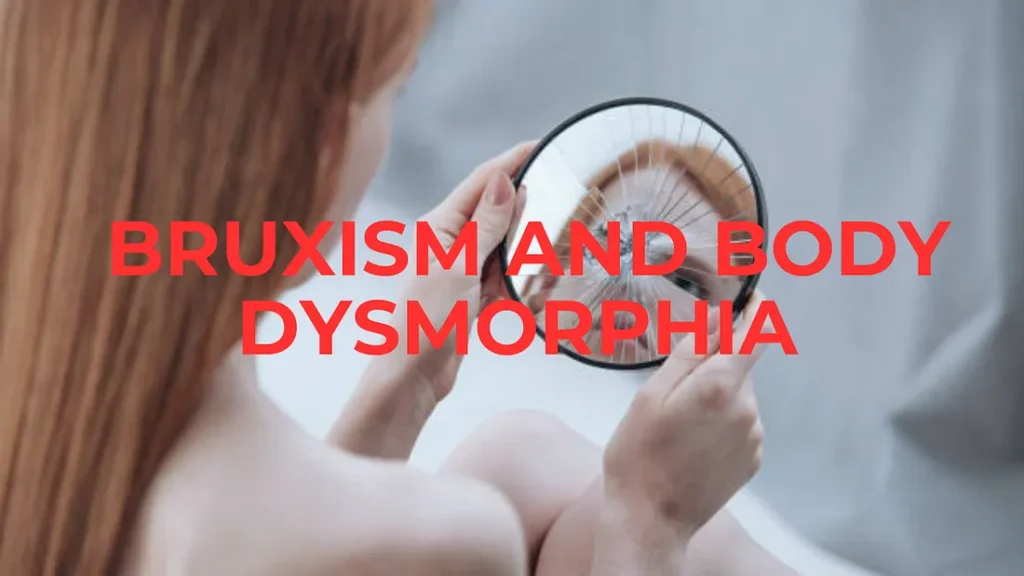Book Appointment Now
Psychology Of Bruxism: Does Chronic Teeth Grinding Affect How You Perceive Yourself or How You Look At Yourself?

Hey guys, today I’m going to answer the question: does chronic teeth grinding affect how you perceive yourself or how you look at yourself? By “how you look at yourself,” I mean how you physically see yourself in terms of thinking that you are not good enough, not beautiful, or not handsome. Actually, it does.
First, I’ll explain the physical aspect and then the psychological aspect. Physically, the more you grind your teeth, the more you get to the point where your jaw gets misaligned. When your jaw gets misaligned, it will lead to developing a different kind of appearance, making you look stiff. So, of course, it affects how you look.
Because you can’t stop this habit, you end up criticizing yourself. Normally, when we can’t stop a habit, we feel like failures and judge ourselves, thinking, “Why can’t I stop this habit? It’s ruining my life.” When you criticize yourself, it leaves a dent in your self-esteem and affects how you perceive yourself. You may start to feel that you deserve to be that way, shaming and blaming yourself for everything. The more you blame yourself, the more stress you develop, which leads to more teeth grinding.
The main reason you feel you’re not good enough is not because of the teeth grinding itself but because of the uncontrollable aspects of it. You feel powerless over it, and when you feel powerless, you see yourself as someone who doesn’t take care of themselves. You may even start self-loathing or hating yourself. This happens with uncontrollable habits; you end up hating yourself for your inability to stop. The more you hate yourself, the more stressed you become, and you might neglect basic self-care like brushing your teeth. You may feel that if you can’t stop this habit, what’s the point of brushing your teeth? You start to ignore yourself completely, with no self-care.
Yes, teeth grinding may lead to body dysmorphia because you see yourself as not looking good at all. That’s why dealing with these unprocessed emotions is so important, as they feed you negative outlooks towards yourself. Once you overcome this, you’ll realize that other areas in your life will improve. For example, I worked with a client this week who started expressing themselves better after releasing the tension they were holding in their jaws. This tension was leading to teeth grinding. That is the ripple effect that happens when you deal with teeth grinding holistically, not just as a matter of aligning your jaws. When you deal with the underlying issues, unprocessed emotions, or things you are holding onto, your life will improve beyond just controlling teeth grinding.
You may be stuck in life not because of teeth grinding, but because of the things it stops you from seeing or processing, such as unhealed wounds, emotional trauma, and negative beliefs. Teeth grinding is just a physical manifestation. So, it would be worth it to look at it this way: teeth grinding is a problem, but there has to be something behind it. Once you deal with that, your life will improve.






